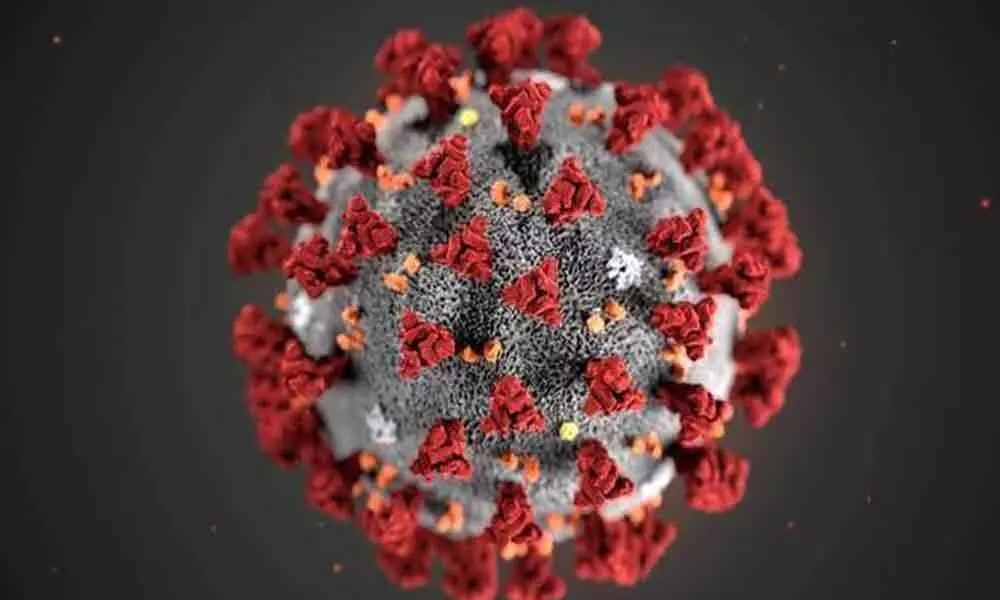COVID-19, bacteria together may increase severity in some patients

Let's fight the world's common foe - Covid-19 (Representational Image)
The combined effects of the body's natural community of bacteria, also called microbiota, working together with Covid-19 in the lungs could explain the severity of the disease in people with obesity and diabetes, say researchers.
New York:The combined effects of the body's natural community of bacteria, also called microbiota, working together with Covid-19 in the lungs could explain the severity of the disease in people with obesity and diabetes, say researchers.
The review, published in the journal eLife, offers important mechanistic insights into why people with obesity and diabetes seem to be at increased risk of developing severe acute respiratory syndrome (SARS) after infection with the Covid-19 virus, and more often require hospitalisation and ventilation.
"There is rapidly emerging evidence highlighting obesity and type 2 diabetes as key risk factors linked to severity of Covid-19 infections in all ethnic groups," said study author Philipp Scherer from the University of Texas Southwestern Medical Centre, Dallas in the US.
In their article, the research team revisit the factors and disease pathways that connect obesity and diabetes to the severity of Covid-19 infection.
The mechanisms can be roughly divided into two groups: those connected with the ACE2 receptor, and those providing an interaction between Covid-19 and pre-existing bacterial conditions.
ACE2 resides on the surface of many cells in the human body and is involved in regulating fluid volumes, blood pressure and the function of blood vessels. It is also used by Covid-19 to enter human cells.
One theory is that increased amounts of ACE2 in people with obesity or diabetes makes it easier for the virus to enter cells and increases the viral load -- an important factor in determining disease severity.
Alternatively, increased shedding of ACE2 in people with obesity causes it to move to the lungs, where the virus can use it.
Another factor known to be influential in the progression of lung diseases is our body's microbiota. We carry more than 100 trillion bacteria in our body -- outnumbering the number of our own cells.
The team considered how host bacteria might influence Covid-19 severity.
One potential culprit is the lipopolysaccharides (LPS) that bacteria produce, which have been shown to cooperate with other coronaviruses to induce SARS in pigs.
It is possible that these LPS molecules join forces with Covid-19 in humans and trigger a chain of events that causes healthy tissue to transform into scarred tissue -- as Covid-19 does in the lungs.
"While all of these potential mechanisms can contribute to the severity of Covid-19, we believe that one of them plays the predominant role, and that this must be present not only in obese and diabetic patients, but also in other groups of increased risk in Covid-19," Scherer explained.










